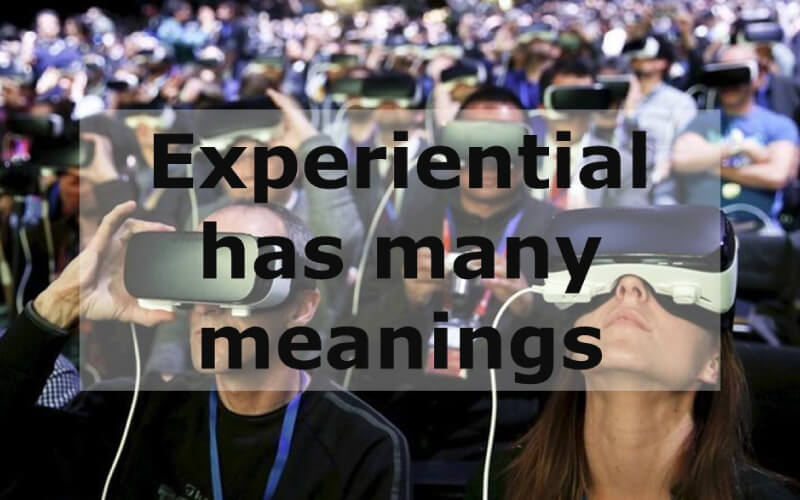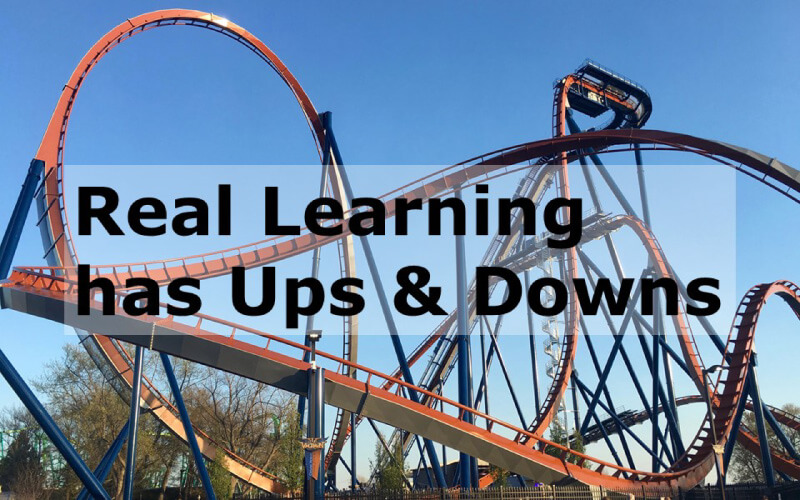The Many Faces Of “experiential”
In business education today, experiential has become an umbrella term to describe anything outside the conventional lecture-and-listen format.
Many “experiential” programmes still take place entirely in hotel meeting rooms or on business school campuses. Simulations, case studies and games make learning active rather than passive.
“Business schools take a playful approach to leadership” as described by Financial Times Executive Education, (May 2017).
Common forms of experiential executive education include:
- Outward-bound and adventure-learning
- Internal company projects and/or field work
- Rotations and secondments (internal and external)
- Market visits to foreign countries
- Service-learning and community engagement
Service learning, which involves volunteering in local communities alongside stated learning goals, is becoming increasingly popular as companies seek to embed a greater sense of purpose amongst employees in order to improve productivity, retention and general wellbeing.
Coming Soon on Ideas to Action: The Power of Purposeful Engagement
Virtual Reality will no doubt soon offer alternative visions for experiential executive learning. Will it work to affect behaviour change? Who will design the digital experiences? What biases will be built in knowingly or unknowingly?
This article cites Google Expeditions and its 360 degree field trips to zoos, museums, Ancient Greece and Mars.
The real world will be coming soon to a virtual world near you!
Reality May Bite, But It Can’t Be Avoided
Classroom-based executive education is typically far-removed from the realities on the ground. The global business landscape is changing fast, especially in Asia’s so-called “emerging” economies. By the time management theory has been researched, peer-reviewed and integrated into business school curriculums, the world outside the classroom has changed, often dramatically.
A compounding factor is that the majority of MBA and corporate education courses are still developed in Europe and the US. Yet the challenges facing business leaders in Jakarta, Nairobi and Sao Paolo are vastly different from those in London, Zurich and Boston.
Only by getting boots on the ground – in the markets where you operate, in the communities your decisions impact – can you understand the trends shaping customer behavior as well as the role of your business in society.





























